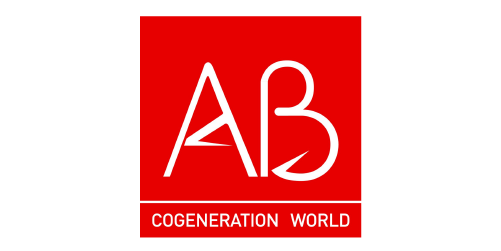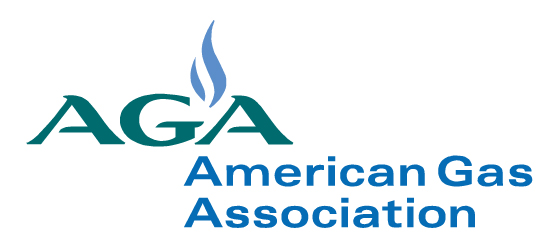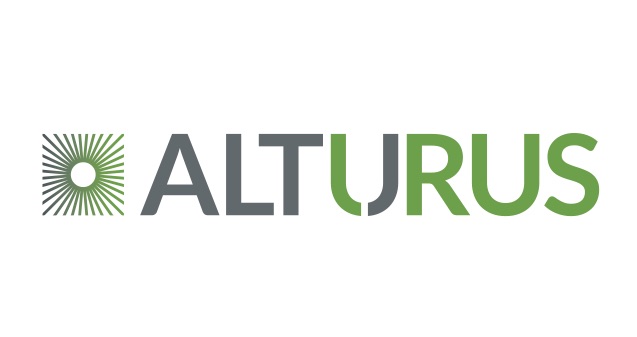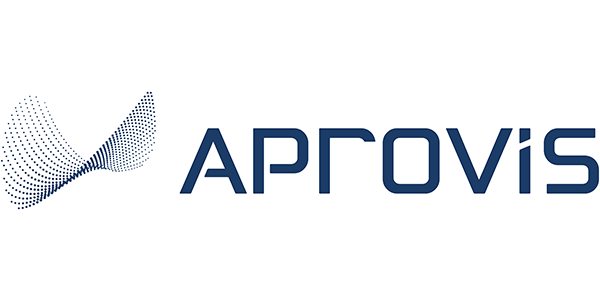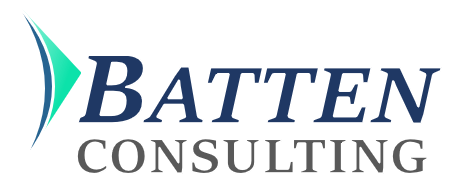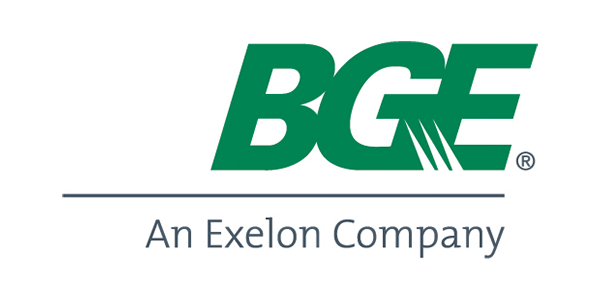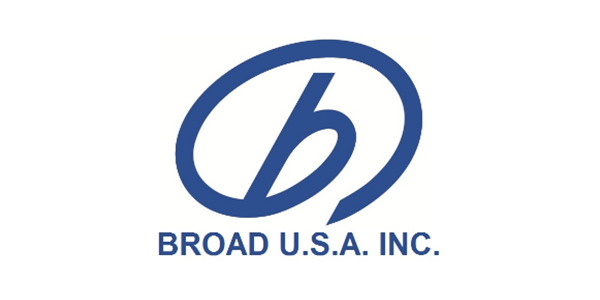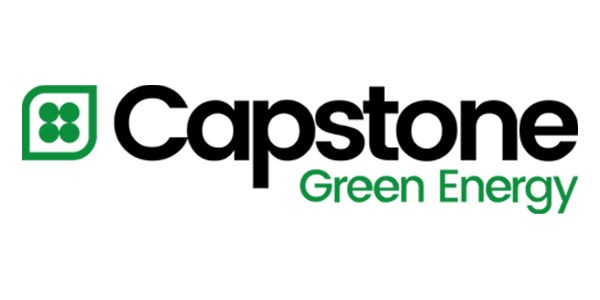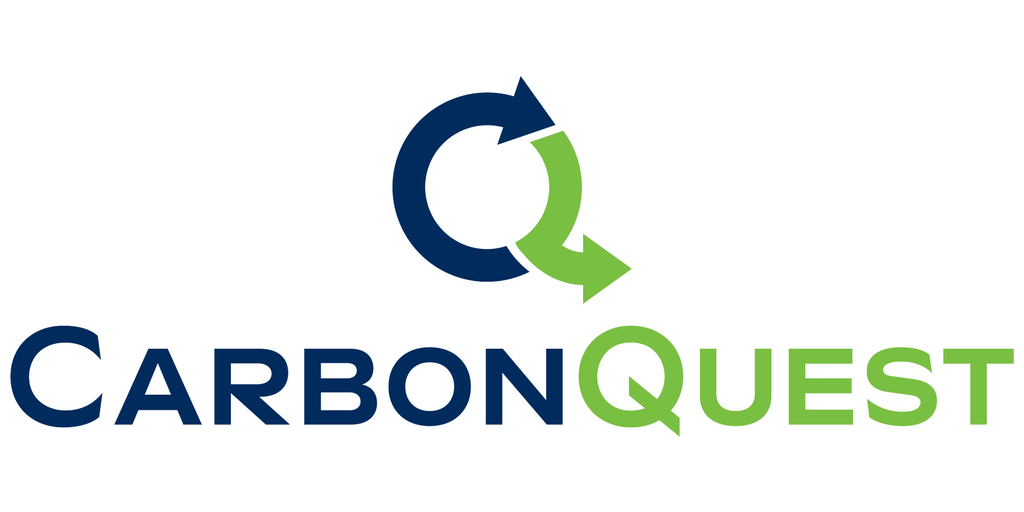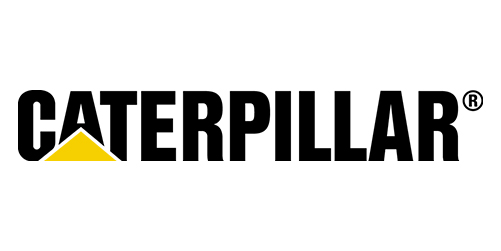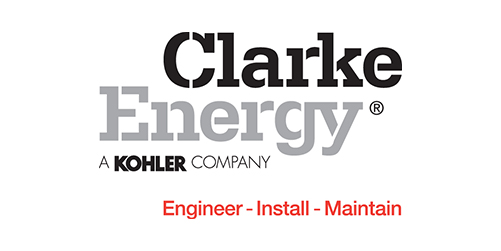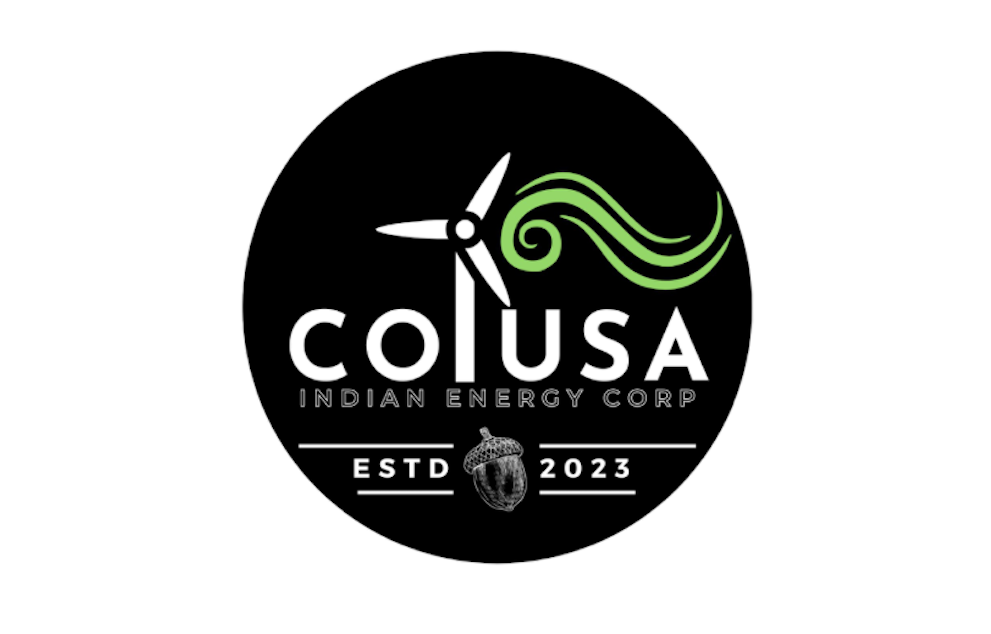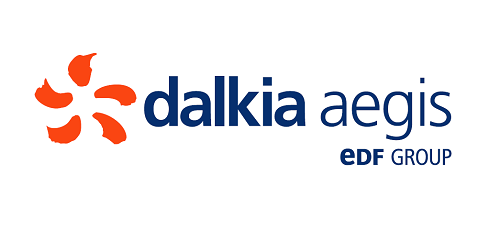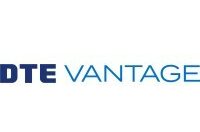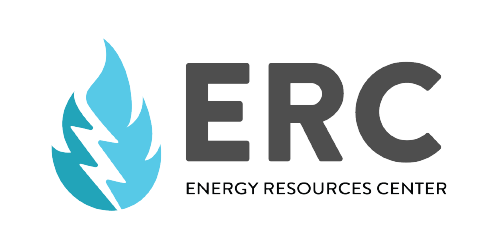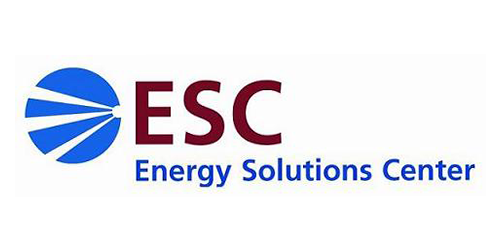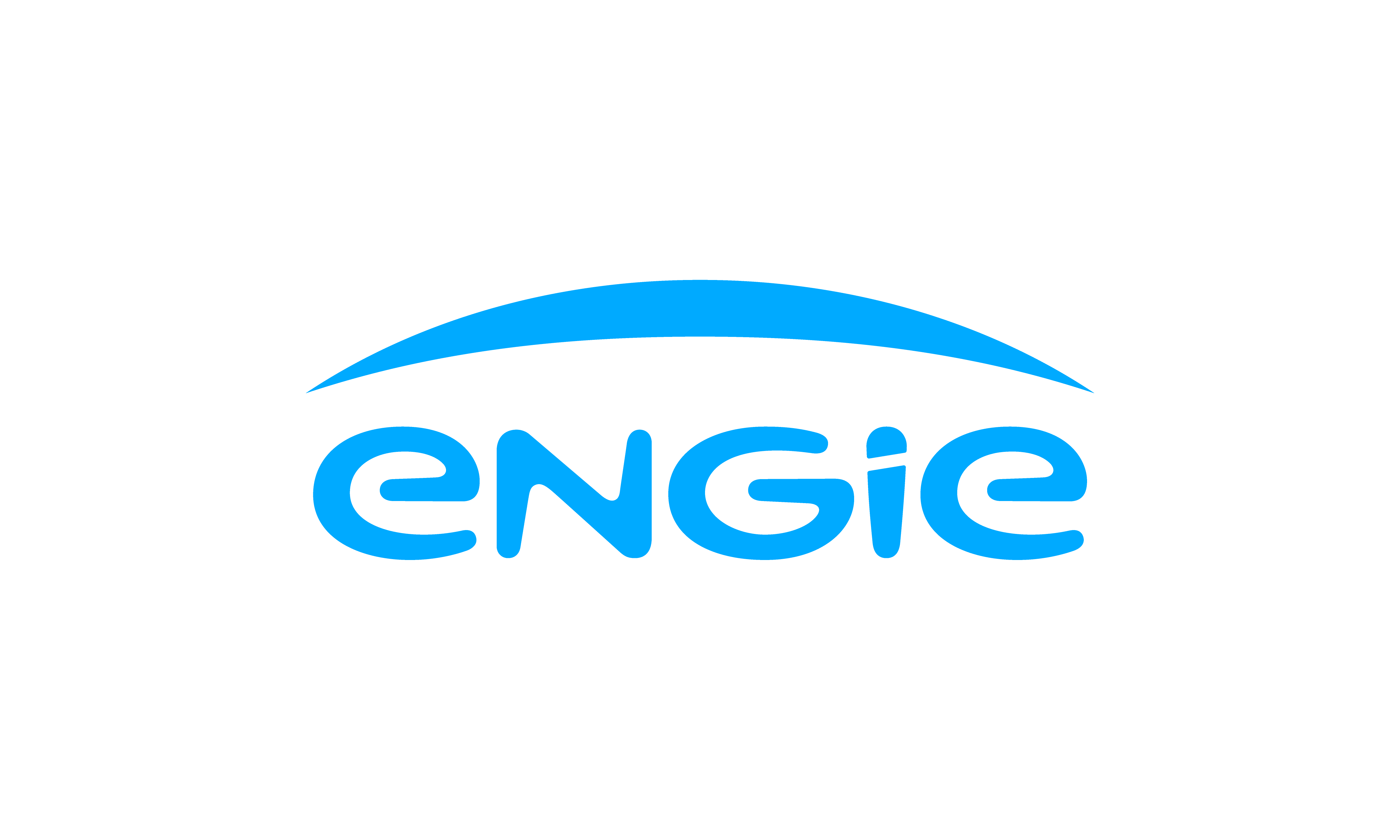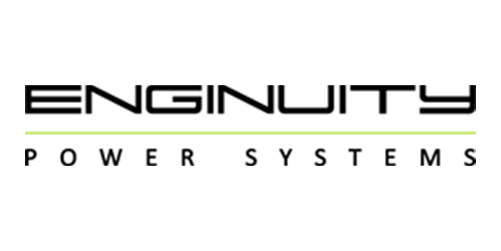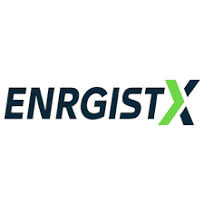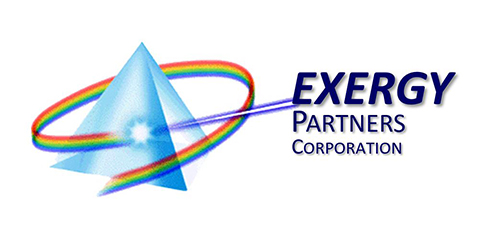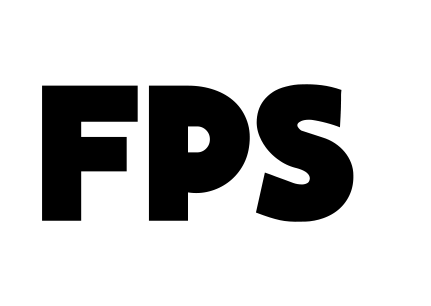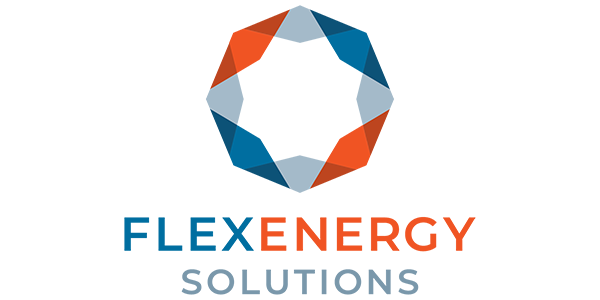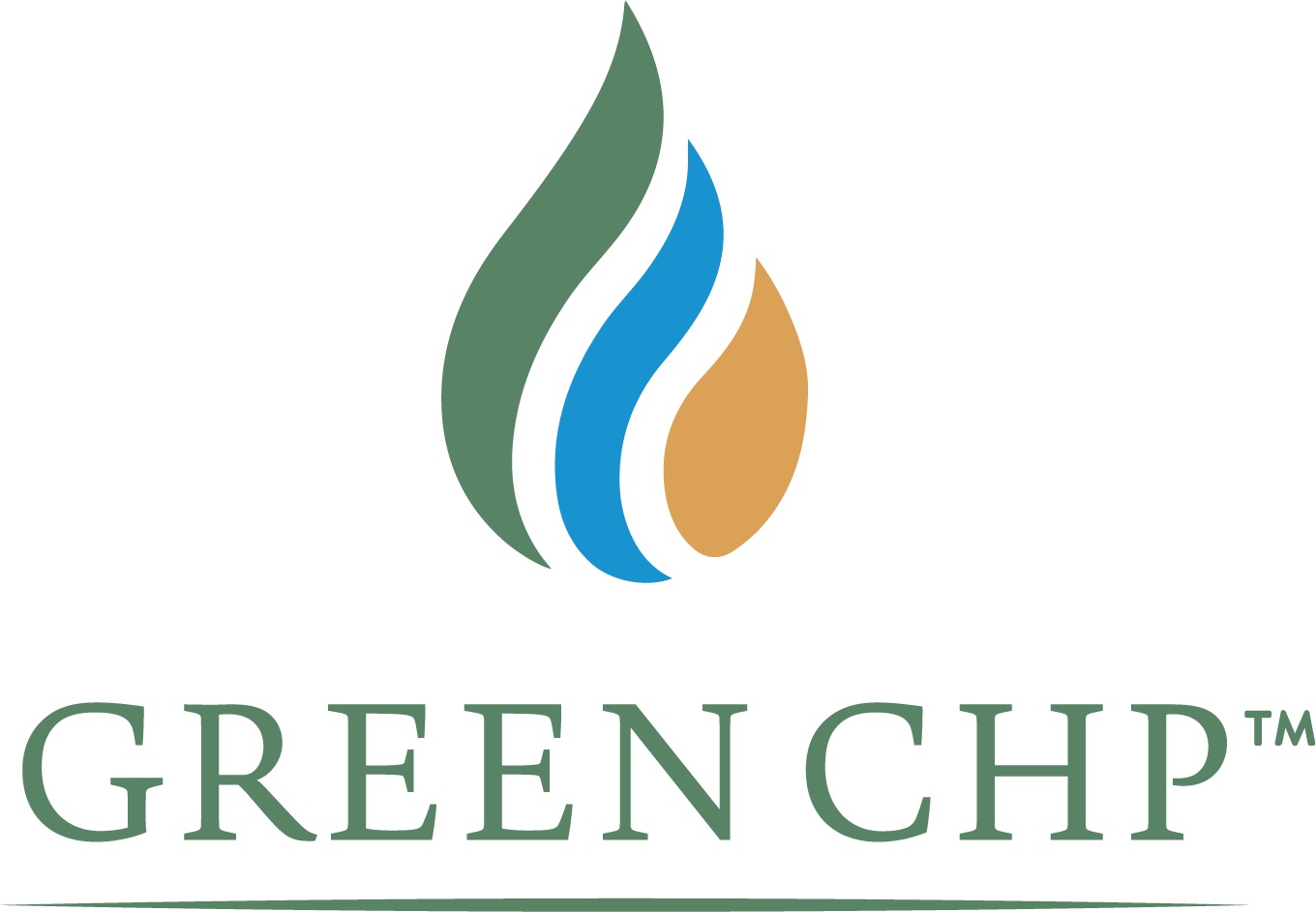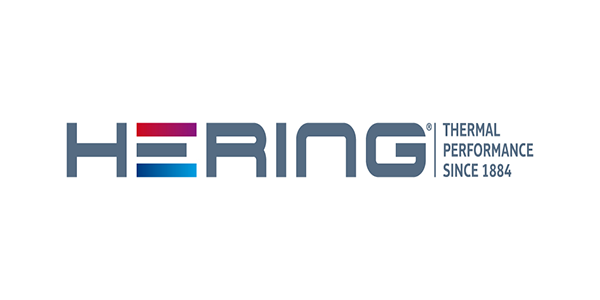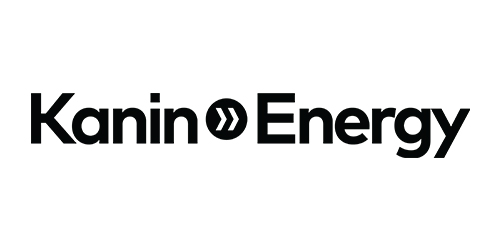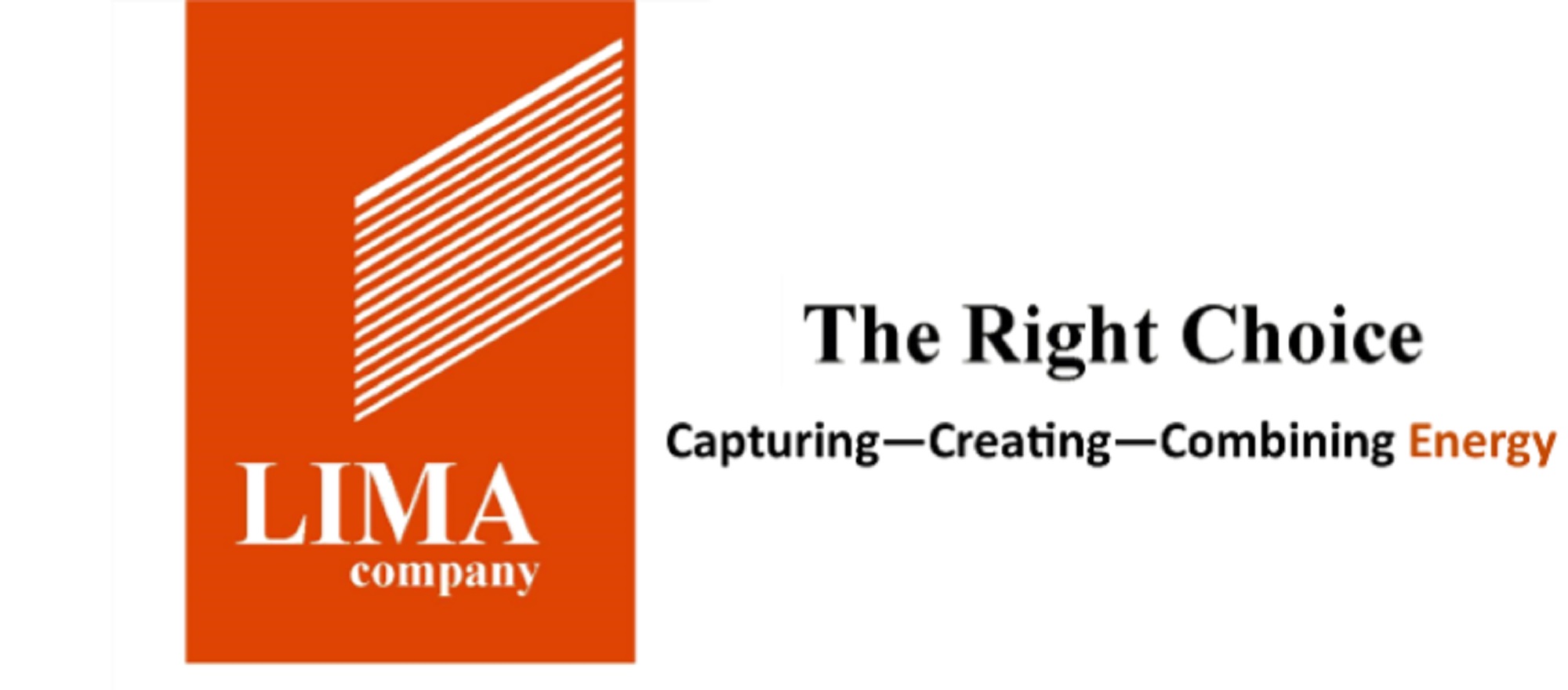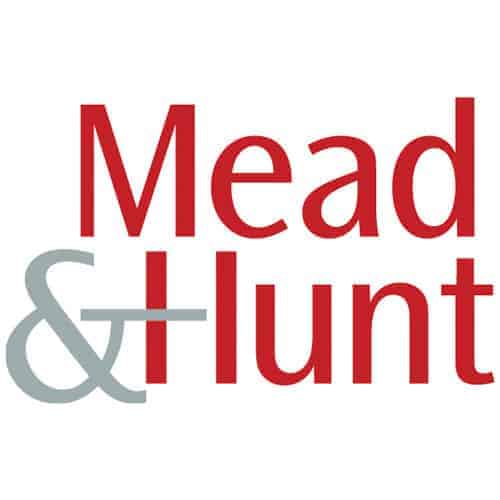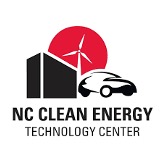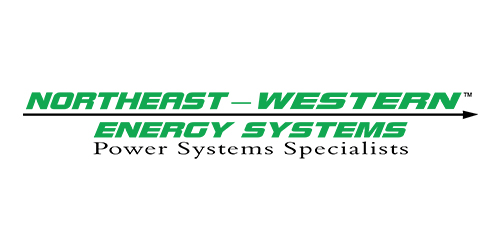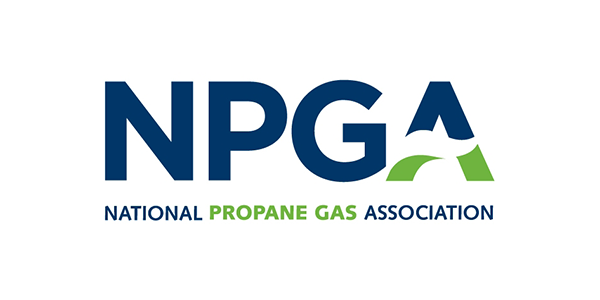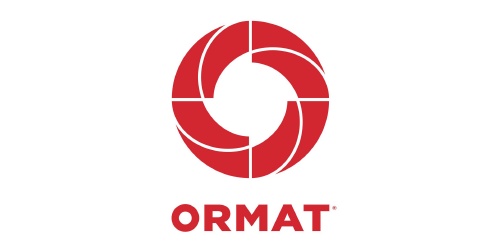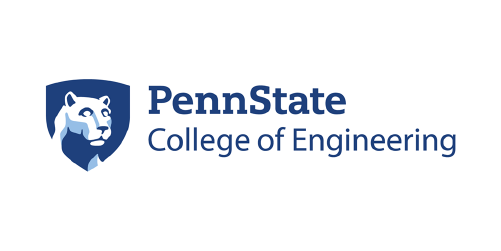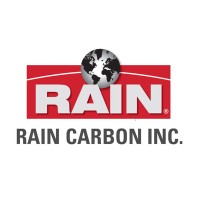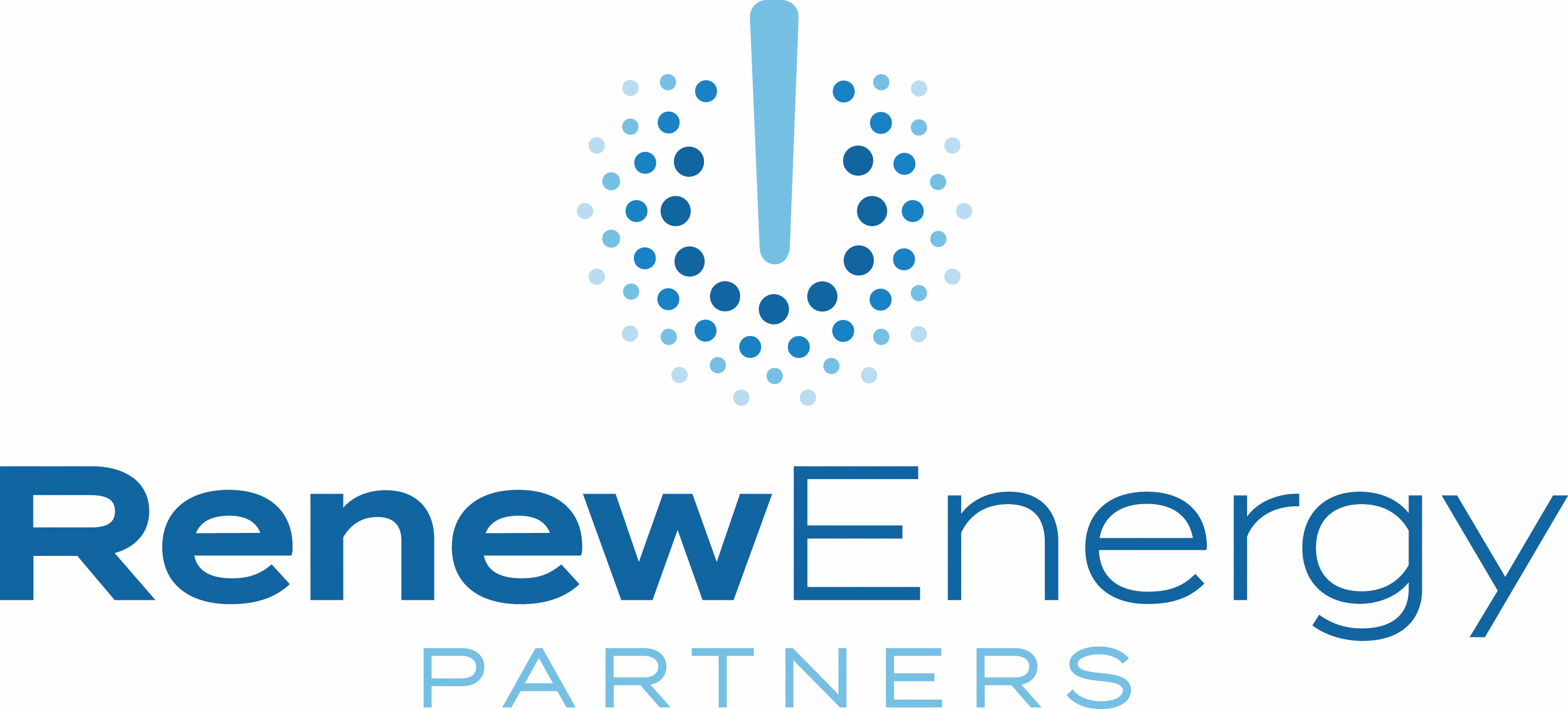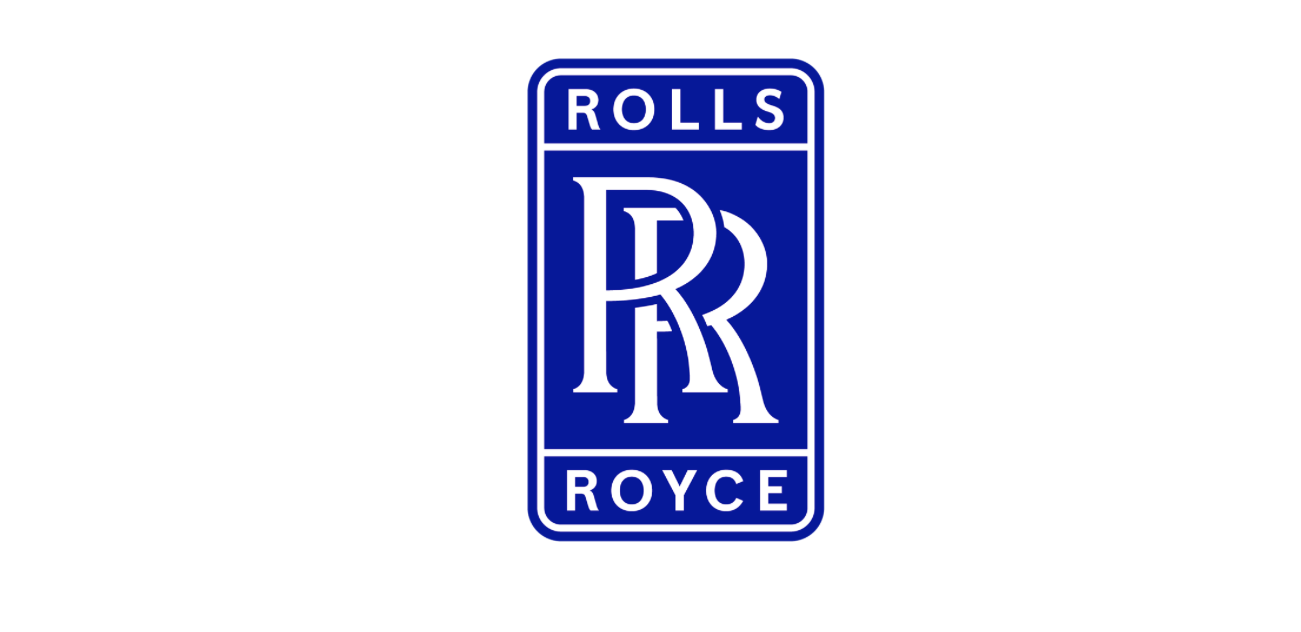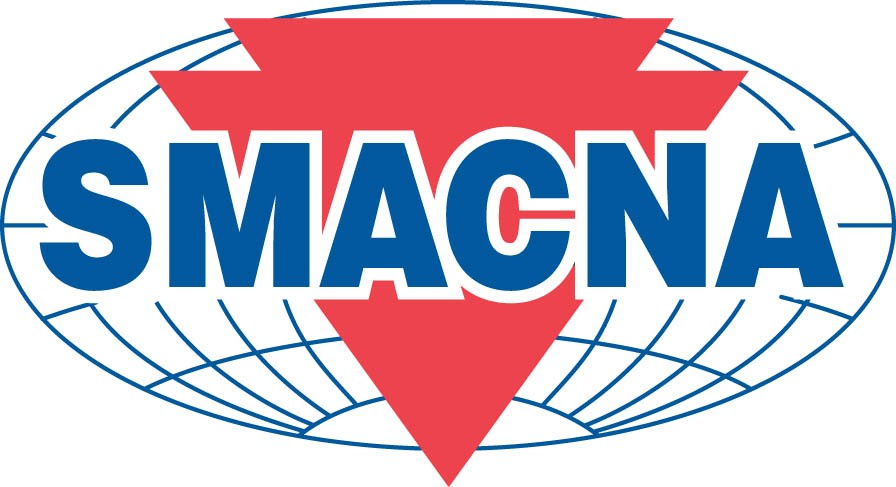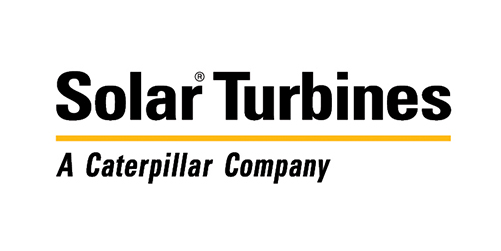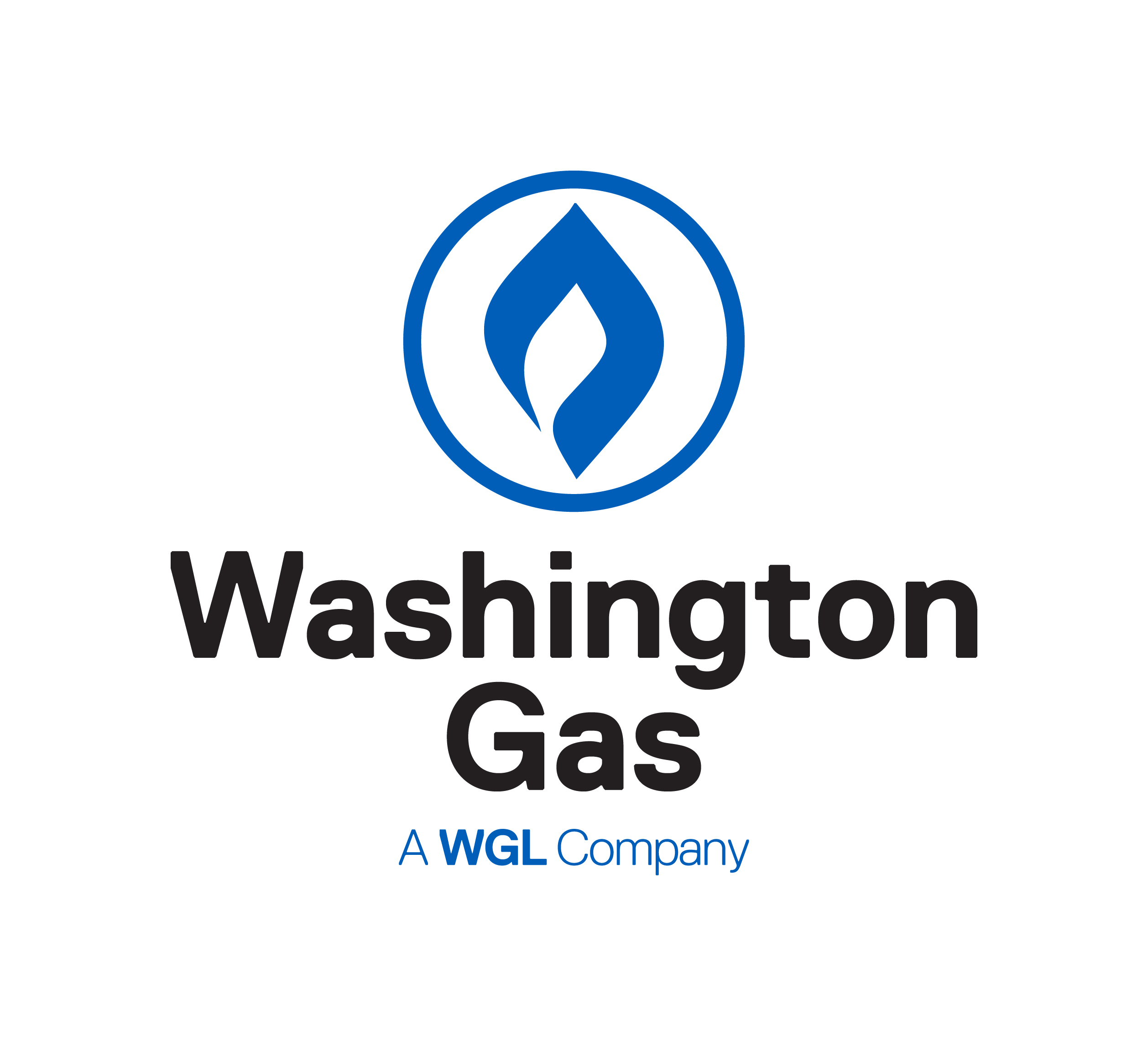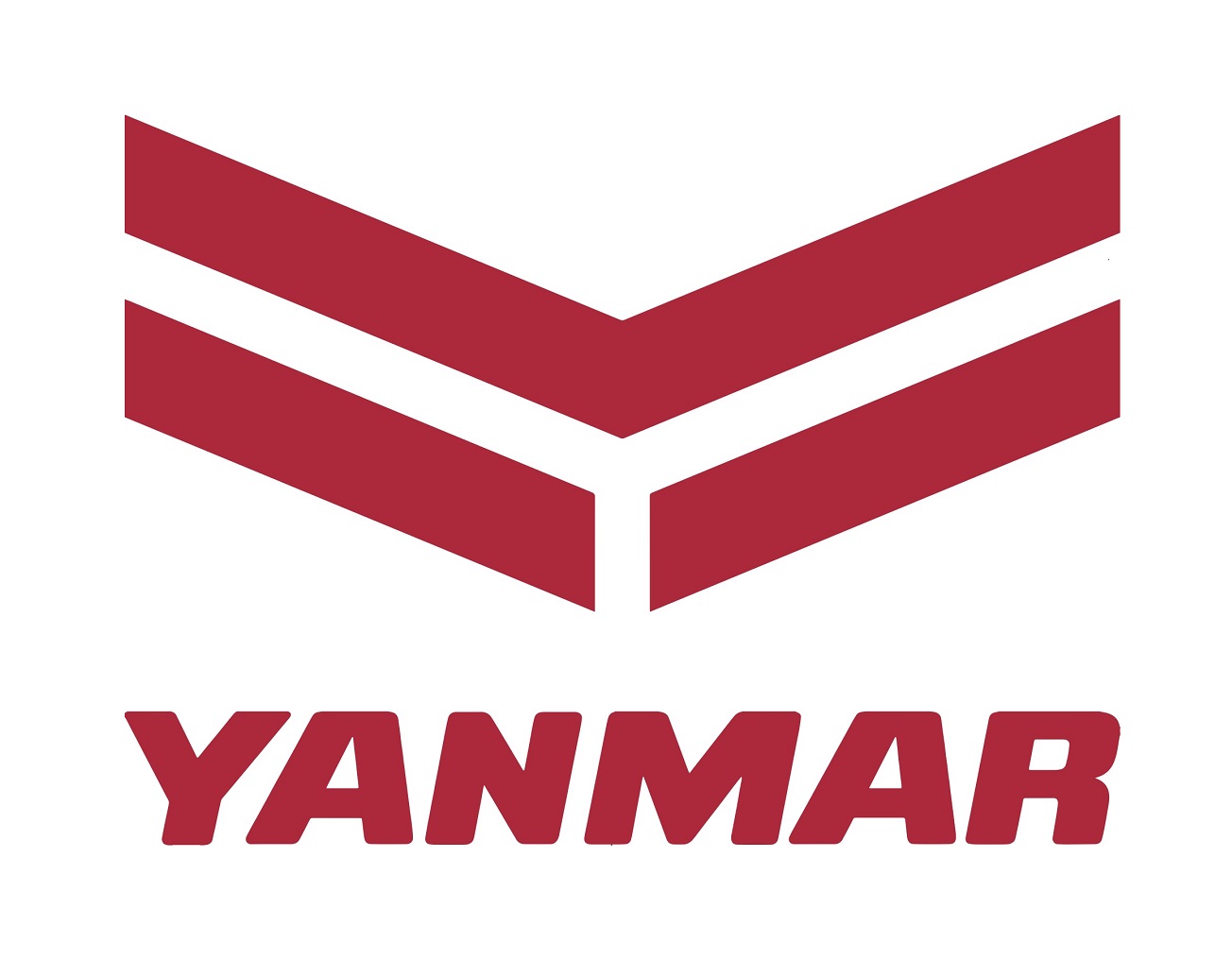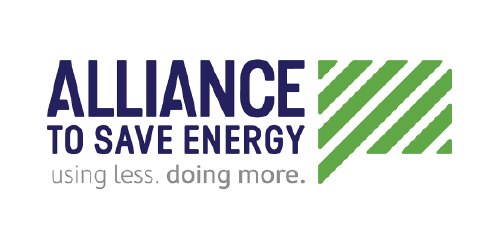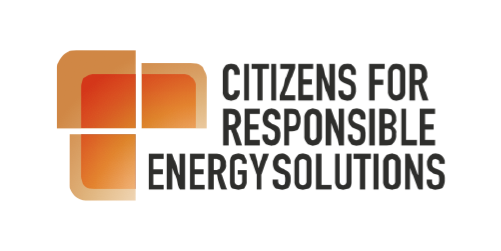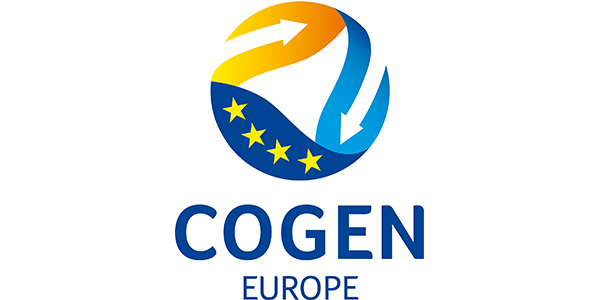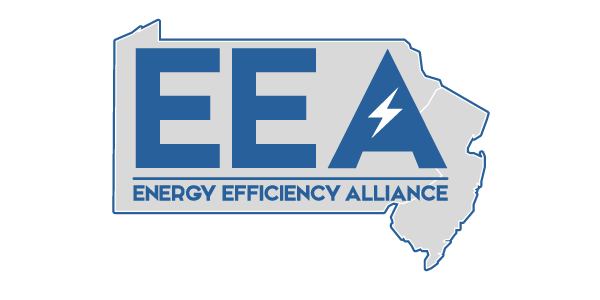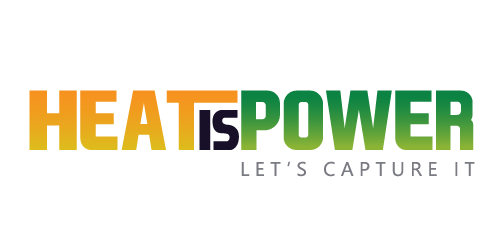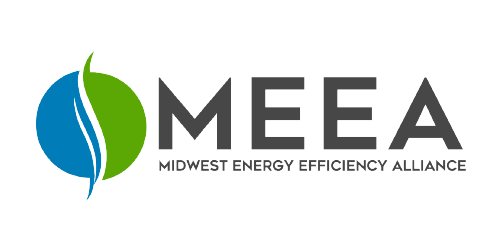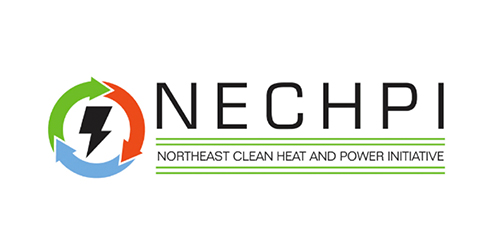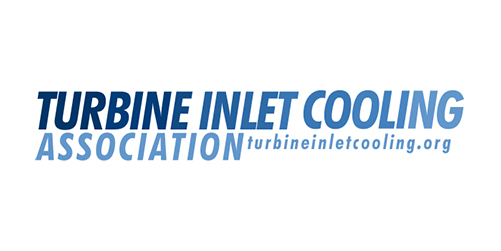Our Members
The CHP Alliance is managed by its Board of Directors. Below is a list of companies and organizations that are General Members and Reciprocal Affiliate Members of the CHP Alliance.
Alliance Members
The General Members establish the goals, priorities, and policies of the CHP Alliance. Members develop coordinated education, advocacy, communication, outreach, and lobbying strategies; participate in meetings with policymakers in Congress and the Executive branch; and contribute financially to our work.
Affiliate Members
Reciprocal Affiliate Members collaborate with the CHP Alliance to support its mission by providing technical expertise, reviewing the CHP Alliance’s work, and sharing information with their respective constituents.
Benefits of Membership
Research and Analysis
CHP and WHP are cost-effective, proven technologies to save money, reduce energy use, and lower emissions, but many stakeholders are not aware of these benefits. The CHP Alliance conducts research and analysis to help quantify CHP’s economic and environmental benefits and identify best practices for decision-makers.
Encouraging CHP Use
CHP Alliance members already understand that CHP and WHP can save money, create jobs, and reduce emissions. By joining together, we can make sure decision-makers understand these benefits as well.
Strategic Communication
Our skilled and connected team makes sure the CHP Alliance position is heard when policies move forward by coordinating coalition visits, circulating letters to stakeholders, and submitting questions for key hearings. These efforts have helped shine a spotlight on energy efficiency jobs, ensure CHP has a seat at the table in clean energy discussions, and identify and overcome barriers to deployment.
Reaching Key Decision-Makers
We know CHP Alliance members have a number of priorities in the states and on Capitol Hill. Through biweekly strategy calls, we help our members identify the most promising policies to advance energy efficiency – and help amplify their voice by setting up meetings for coalition members.
Bipartisan Lobbying
Energy policy is complicated. Yet, the CHP Alliance’s knowledgeable and experienced staff understands how to navigate the legislative and regulatory process. We make sure that the Alliance has a voice in rulemaking proceedings by preparing public comments, meeting with key Agency staff, and testifying at public hearings. And thanks to these efforts, we’re seeing a real difference in the rules.
Navigating Regulation
The Executive Branch can lead by example by setting CHP deployment targets and installing CHP in state and federal buildings. Whether it involves the adoption of output-based regulations, the availability of technical assistance to potential project hosts, the inclusion of CHP in state plans to make critical infrastructure more resilient, or the availability of incentives in state electricity policy, the Alliance monitors these opportunities and communicates with decision-makers about best practices.
Learn More about CHP
Review the materials in the Resources page to learn more about CHP.
Watch this short illustrated video prepared by The Pew Charitable Trusts:


